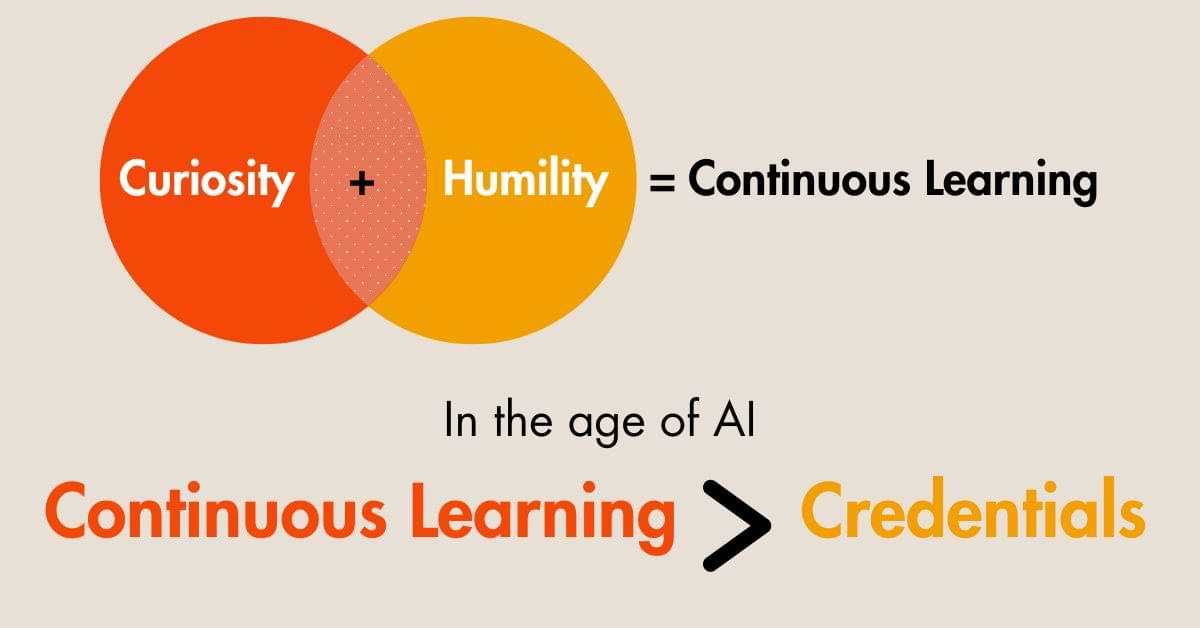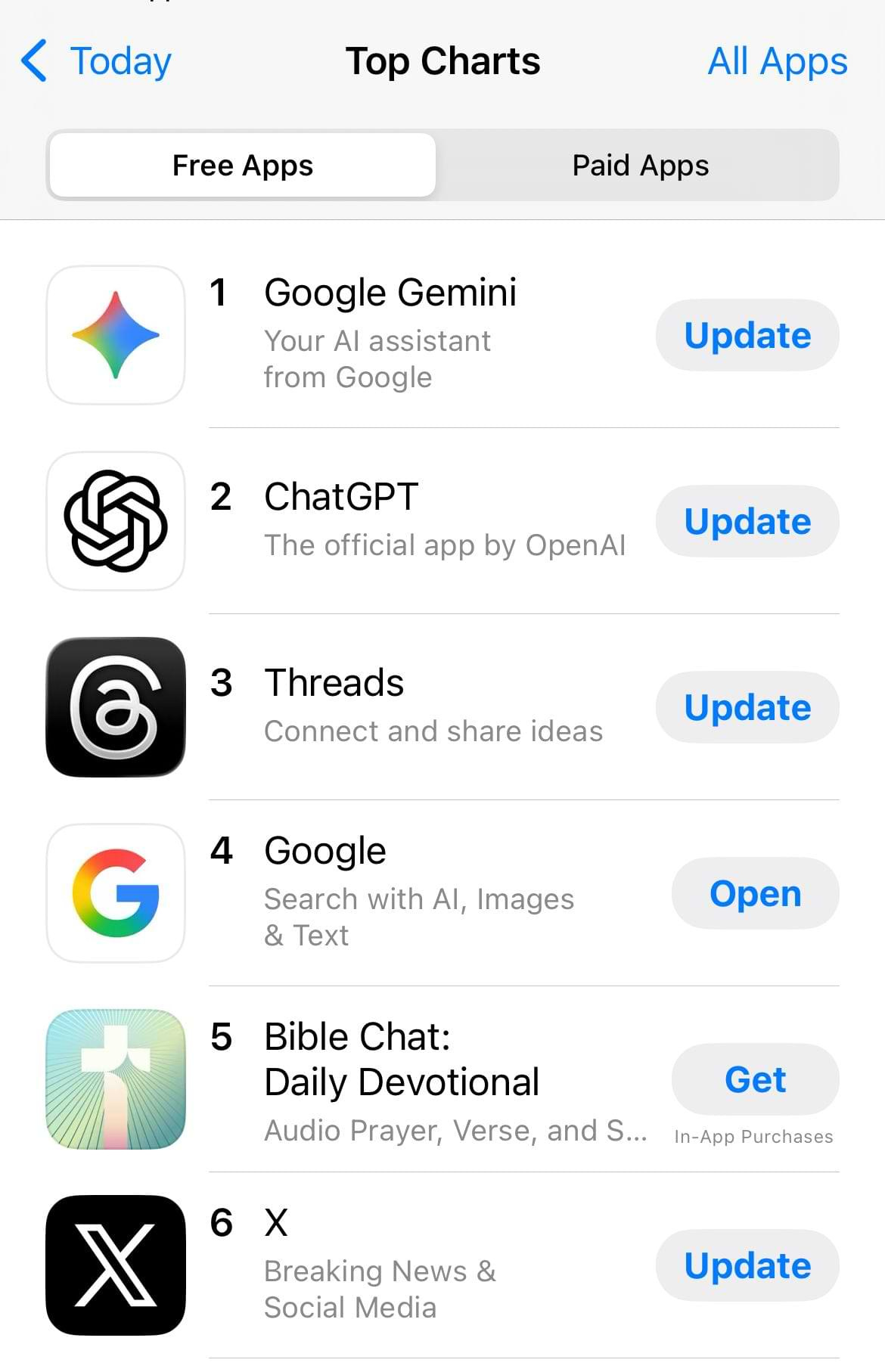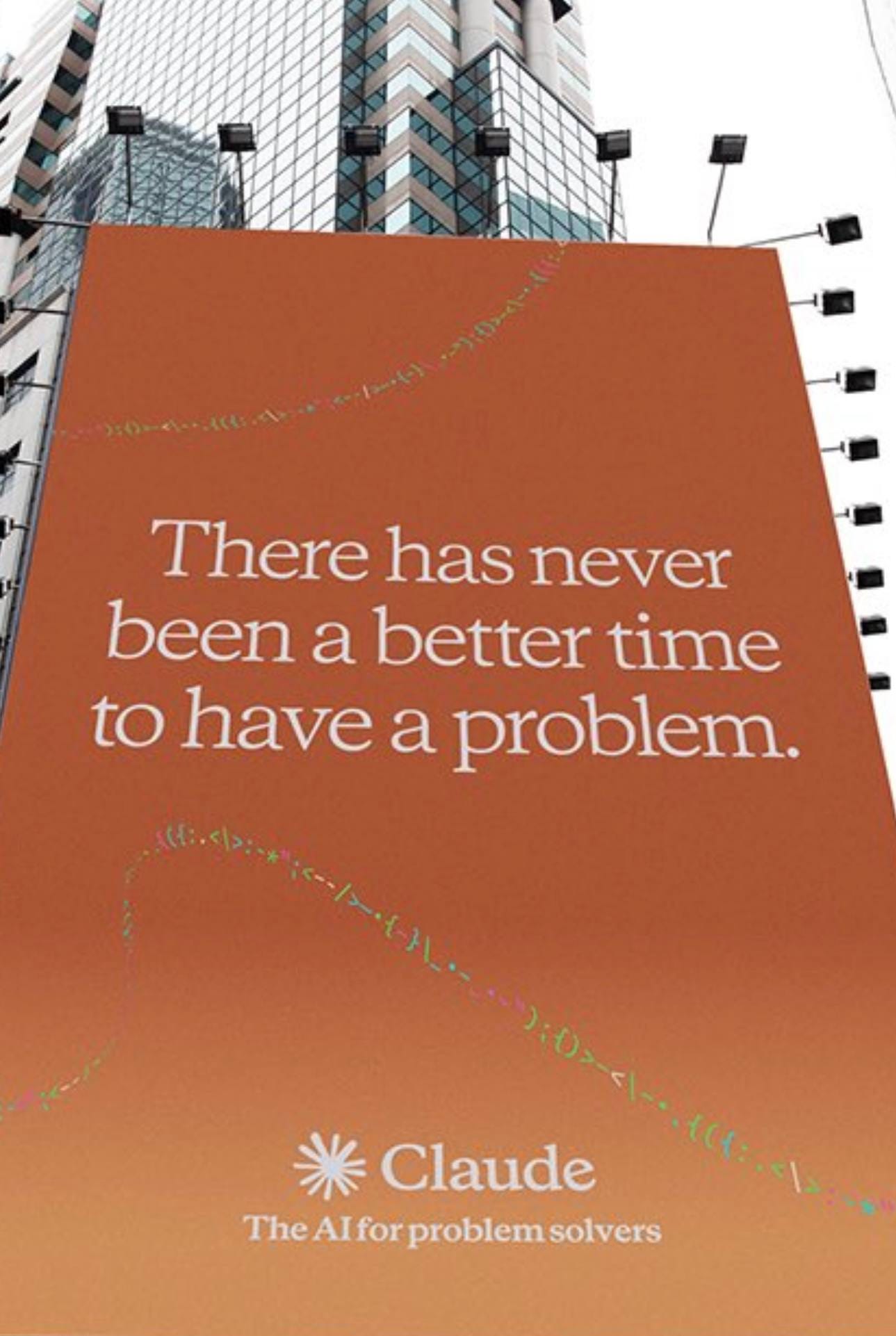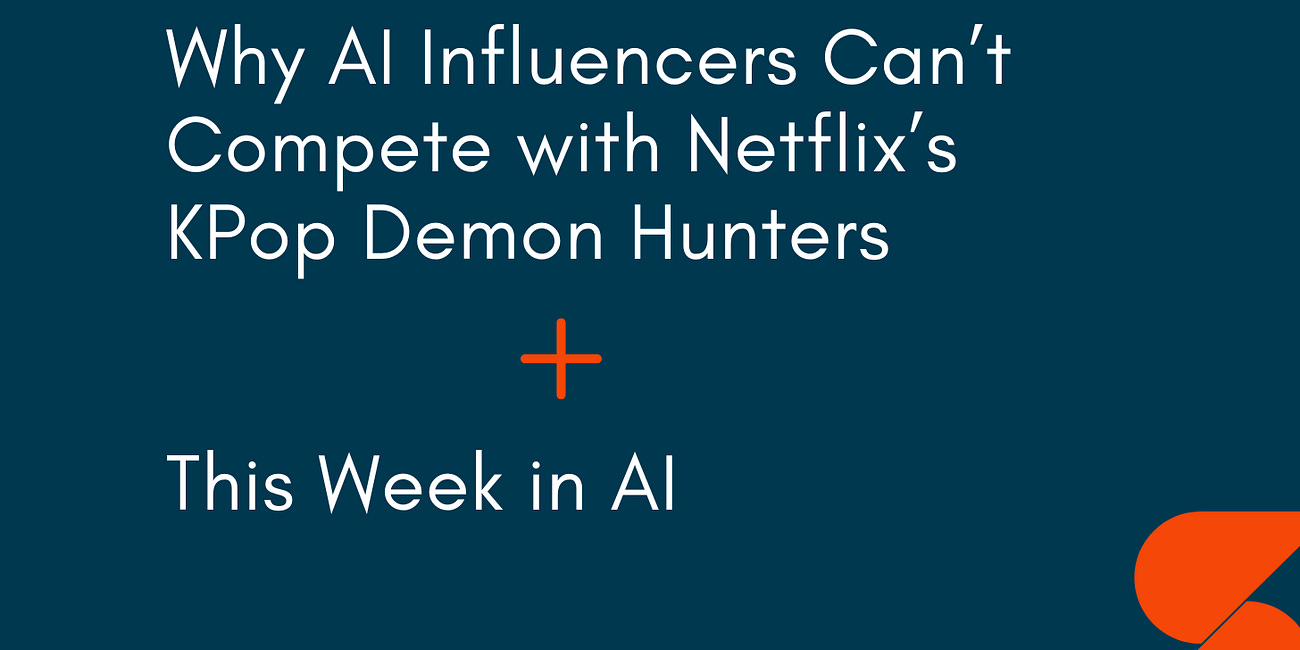Before we get into it—
Last week’s newsletter drew the most thoughtful feedback and questions I’ve ever received. I also realized most of you actually read all the way through, which is….wow. There’s no bigger compliment 😁. If you missed it, you can catch it here.
Also, for the next few months, I’ll likely shift to publishing every other week. Between client work and falling into some very deep AI rabbit holes, I need a little more space to focus on what feels most essential right now.
I might still send one out weekly if I can come up for air. We’ll see how it goes.
You know that moment, about 30 minutes into a session with ChatGPT, when you realize you’re just… stuck?
You’re stitching together pieces from four different drafts, and it all sounds fine, but the core idea isn't any clearer.
It might’ve taken you longer to write it yourself, but at least the thinking would’ve been sharper.
That’s not you failing at AI.
That’s you getting caught in its most seductive (and most common) use case: productivity.
Sure, AI can help you do more, faster.
But when everyone has the same tool, speed and efficiency are no longer the edge.
AI’s real advantage, the one that creates a competitive edge, is learning how to use it to sharpen your thinking.
And I should know.
As a strategist, I think for a living 😁.
My work requires tracking and making sense a dizzying combination of moving parts:
AI advancements and competitive model releases
Who’s funding what—and why it matters
Partnerships that shift the playing field
Audience behavior shifting in real time and its implications
Regulations and copyright battles reshaping the rules
Talent wars at the leading AI labs
Each one is complex enough on its own. But together, they’re colliding fast enough to reshape priorities in just weeks.
Advising clients or writing this newsletter means holding all of it at once—and delivering informed and clear guidance to help leaders make high-stakes decisions, avoid costly mistakes and prepare for what’s next.
Before AI, one person doing this level of analysis was unthinkable.
Now, it’s me (an enthusiastic strategist and AI power user) and one very powerful thought partner.
🌟 Here’s how I use it:
I feed AI research, all relevant context, data, my own working theory or strategic read on the problem, along with a carefully structured prompt.
Then it helps me:
Challenge my assumptions and spot blind spots
Surface angles I hadn’t considered
Stress-test ideas and decisions
Anticipate how different audiences—from fans and critics to the press—are likely to react to a product, messaging or a launch
Role-play skeptical stakeholders
Reframe strategies in light of cultural shifts or new developments
Pressure-test crisis responses before they ever see daylight
This is a way of thinking that wasn’t possible a year ago.
And it’s why, in a world changing this fast, the ability to keep learning is everything.
And that comes down to two things:
1. Curiosity: the instinct to keep asking better questions
2. Humility: the willingness to admit you don’t have all the answers while staying open to ones you might not expect
Curiosity + Humility = Continuous Learning
And in this moment: Continuous Learning > Credentials
While my example is specific to strategy, the same principle applies no matter what you do.
🌟 So, here’s my challenge for you this week:
Instead of using AI to speed up a task, use it to solve a tough a problem you’ve been putting off.
Maybe it’s preparing for a tough salary negotiation or performance review, framing your pitch for a new client, or finally making progress on that side project you keep shoving to “later.”
Take the time to create a strong prompt and give AI the full picture.
And then ask it questions. Have it challenge your assumptions or argue the other side.
Then use the insights to sharpen your thinking, and stretch how you learn.
Because the most future-proof skill isn’t efficiency.
It's the ability to think more clearly and keep learning.
AI just happens to be the best tool we’ve ever had for both.
What You Need to Know About AI This Week ⚡
Clickable links appear underlined in emails and in orange in the Substack app.
Google’s Gemini claimed the #1 spot on the App Store, thanks to its new AI image model (Nano Banana 🍌).
It’s a big milestone. But ChatGPT still dominates with an estimated 700M weekly active users. Google hasn’t shared Gemini’s numbers, but best estimates put it closer to 400M.
I still don’t recommend using Gemini for work or anything private.
Like ChatGPT, you can opt out of model training on your conversations. But if you do, you lose your entire chat history.
So go ahead. Use Gemini to generate and edit as many fun images as you want.
Just know that unless you opt out (and lose your history), those uploads—yes, even family photos—get pulled into the training data.
Also, yes. That is a devotional AI chatbot sitting at #5 in the App Store,
Whatever your take, it’s a wild moment when Bible Chat outranks downloads on Instagram, X, WhatsApp, and Temu.
This week in AI legal drama:
⚖️ Penske Media, the publisher of Rolling Stone and Variety, is suing Google for using its content without consent to train models and generate AI Overviews—summaries that, it says, undercut traffic and revenue.
The lawsuit claims Google is forcing publishers into a lose-lose: allow AI scraping or opt out and vanish from search results entirely.
Penske says it’s seen a sharp drop in traffic since Overviews launched, along with lost ad, subscription, and affiliate revenue. This is the first lawsuit to directly challenge Google’s AI summaries, and could set a major precedent.
⚖️⚖️ Disney, NBCUniversal, and Warner Bros. Discovery have filed a joint lawsuit against Chinese AI firm MiniMax for using their copyrighted characters, without permission, to promote its image and video generator.
📝 Reddit wants more cash from its AI licensing deals.
The platform is in early talks with Google (and soon OpenAI) to renegotiate. It already licenses data to both, but now it wants to move beyond flat-fee agreements toward dynamic pricing as its forums become more valuable (and central) to AI-generated answers.
Translation: if ChatGPT, Gemini, or AI Overviews lean harder on Reddit threads, the checks should get bigger.
There’s also a second goal: turn Google drive-bys into active Redditors and grow the platform itself.
Right now, Reddit is the front page of the internet and the front page of AI answers. The question is whether it can finally get paid like both.
Microsoft plans to use models from Claude-maker Anthropic to power AI features in its Copilot.
But Copilot already runs on OpenAI’s models—the same ones that run ChatGPT—so for most users, the real issue has always been product design and user experience, not the models powering it.
After licensing Midjourney’s models, Meta’s doubling down with a $140M deal to use Black Forest Labs’ tech—its second major bet on outsourced image generation. Both are likely to power AI tools across Instagram, Facebook and WhatsApp.
Founded by Stable Diffusion vets, Black Forest also provides image tools for Elon’s Grok, Adobe, and Snap.
📺 The TV Academy has released its first set of official AI guidelines. And while they’re not enforceable (yet), they’re a clear signal that the industry is trying to get ahead of the chaos.
The three core principles:
Creative integrity: Respect human collaborators. Writers, performers, and crew should be informed, credited, and compensated.
Legal and licensed training data: Models must be built on ethically sourced and licensed data. So, most of the top models wouldn’t qualify…
Transparency and accountability: Creators must clearly disclose when, where, and how AI is used to all stakeholders.
🧑🏫 Gen Z is climbing the org chart, one AI tutorial at a time.
They’re not just learning AI, but teaching their bosses how to use it. And that shift is transforming power dynamics at work.
The exchange is mutual: digital fluency flows up, while strategic insight flows down.
Senior leaders are on board—80% say it frees them to focus on higher-value work, and 82% say it’s creating new business opportunities.
But it’s also flattening traditional hierarchies and changing who holds the practical know-how inside teams.
OpenAI is adding parental controls and building age‑prediction tools so teens automatically get a safer version of ChatGPT.
Parents will be able to link teen accounts, manage features like memory and chat history, set blackout hours, and receive alerts if their child appears to be in distress.
Anthropic just launched Claude’s first major brand campaign. And I love it.
Called “Keep Thinking”, it positions Claude as the top AI tool for problem solvers.
Tagline: “There has never been a better time to have a problem.”
It’s a bid to raise awareness within the consumer market that's dominated by OpenAI.
In case you missed last week’s edition, you can find it 👇:
🤓 AI Influencers vs. Netflix’s KPop Demon Hunters
“The next media empire won’t be built in Hollywood or Silicon Valley but … by a twenty-something with a small group of AI personalities.”
That's all for this week.
Thoughts, feedback and questions are always welcome and much appreciated. Shoot me a note at avi@joinsavvyavi.com.
Stay curious,
Avi
💙💙💙 P.S. A huge thank you to my paid subscribers and those of you who share this newsletter with curious friends and coworkers. It takes me about 20+ hours each week to research, curate, simplify the complex, and write this newsletter. So, your support means the world to me, as it helps me make this process sustainable (almost 😄).








